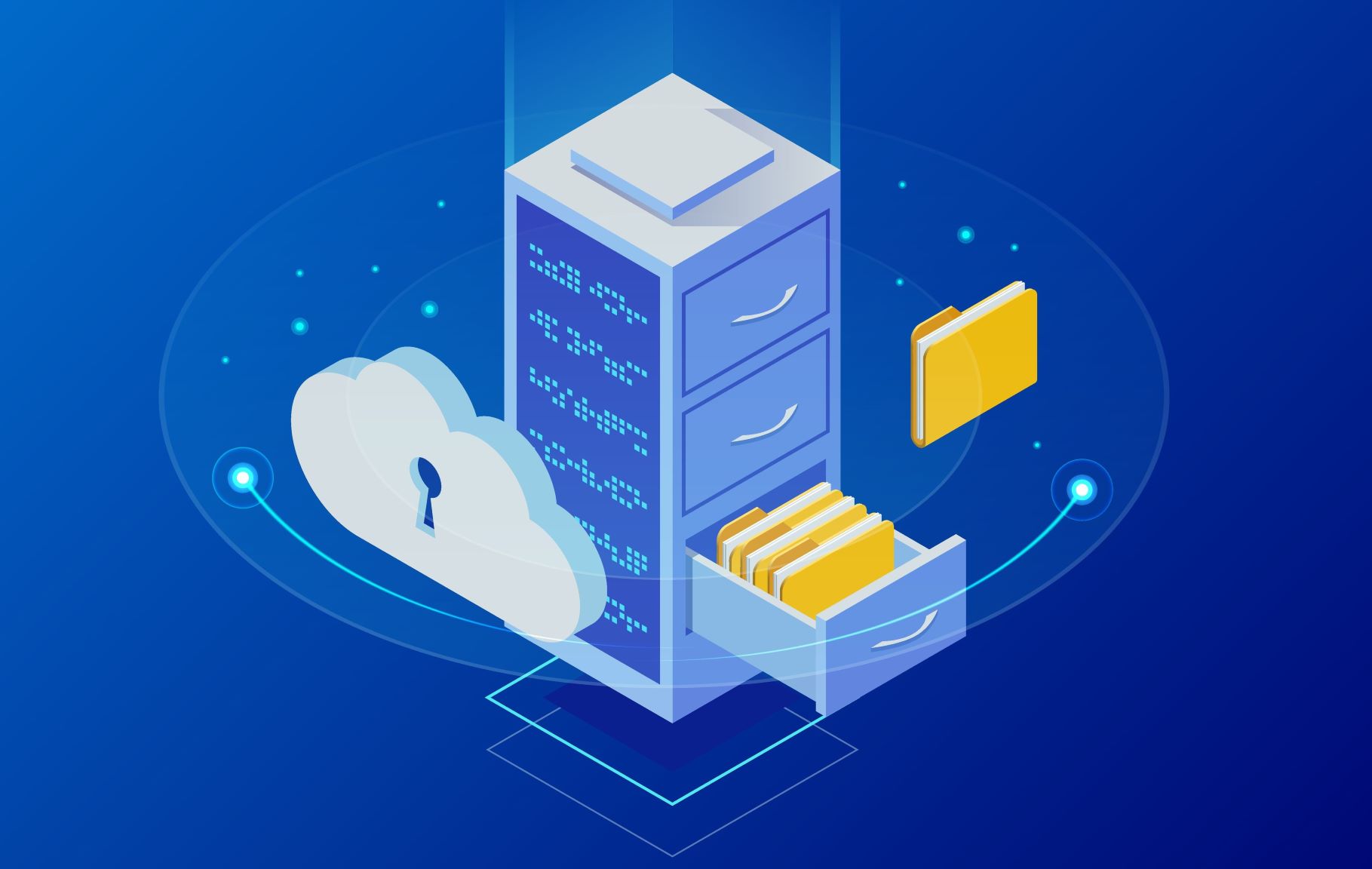Guest blog by Caleb Cramer, Ascend
Guest blogs are written by contributors outside of HawkSoft. The author's views are entirely their own and may not reflect the views of HawkSoft.
When’s the last time you’ve taken a step back and asked yourself why things are the way they are? With insurtechs raising a record $15.4 billion dollars last year in funding, all eyes are focused on how technology can modernize all the legacy processes that exist in the insurance space. “Legacy” might as well be synonymous with, “we’ve just done it this way for a long time but not sure why.” One of the most common legacy processes that comes up when talking to agents is their billing process. We’ll dive into the two main billing methods currently, agency bill and direct bill, and how the future of billing can move beyond that dichotomy.
In this article:
- Direct bill vs. agency bill
- Why do agencies need to support both methods?
- The future of billing: both methods on one platform
Direct bill vs. agency bill
Direct bill and agency bill are simply different ways that insureds get billed for their policies. With direct bill, which is most common with personal and standard commercial lines, insureds will pay the carriers directly. With agency bill, the agency is responsible for billing the insured and then paying the carrier or MGA. This is most common for non-standard commercial lines, such as those in excess and surplus markets.
What are the pros and cons of each billing method? It boils down to three main areas: collections, commissions, and customer experience.
Collections
With direct bill, carriers handle all the payment collections. That means you don’t have to deal with accepting checks, card, or wire payments. You also don’t have to manage a trust account to split commissions and pay carriers. With agency bill, however, because the agent bills the insured directly, they are able to collect additional revenue driven from premium financing revenue share.
Commissions
With agency bill, you receive your commission upfront since you collect the premiums first. It is, however, your responsibility to ensure the carriers are funded net your commission. On the other hand, direct bill can take up to an entire quarter before you receive your commissions. This delay has downstream effects to how you handle your reconciliation process and manage your agency’s cash flow. Direct bill also has a time-intensive reconciliation process between your carrier statements and your account ledger to ensure commissions are paid out correctly.
Customer experience
With direct bill, you are at the mercy of your carrier’s payment portal and payments process. You no longer handle this critical touchpoint with your customer and instead split the experience with a third party. For large policies, it may be important to your agency to ensure you control the entire experience through payment to ensure a smooth customer experience.
Why do agencies need to support both methods?
As with all things in insurance, it all boils down to risk. There continues to be strong growth in the non-admitted markets as well as situations with large underwriting risk. Both of these are indicative of carriers wanting to control their risk and relying more heavily on MGA/wholesalers to cover previously placed policies. These MGAs/wholesalers will often require agents to handle billing so that any risks associated with payments are also offloaded. This means an agency that isn’t set up to handle agency bill will find it more challenging both from a payments as well as a reconciliation perspective to operate smoothly.
The future of billing: one solution for both methods
At the end of the day, supporting both billing types is a headache. Accounting has to reconcile how different funds flow through your accounts, you have to manage a separate trust account outside your business bank account, and you have to deal with the complexities of payment collection as well as premium financing.
Ascend is tackling this problem from an agent-first perspective: why can’t there be one single billing process that I funnel all my payments through? Our vision for the future is just that - a single platform on which agents can:
- Collect online payments or offer premium financing
- Split commission instantly regardless of billing type
- Automatically route premiums to where they need to go regardless of billing type
- Simplify the reconciliation process with a single dashboard for bookkeepers/accountants
Revisiting how you address billing can solve some of the most cumbersome legacy processes that agencies face today. Finding solutions that can handle any type of billing process will ensure your agency’s ability to navigate the ever-changing insurtech landscape.
Tackle your agency's billing and accounting with AscendAscend is an all-in-one solution for insurance payments that integrates directly with HawkSoft and is free to use, with no subscription fees. |







